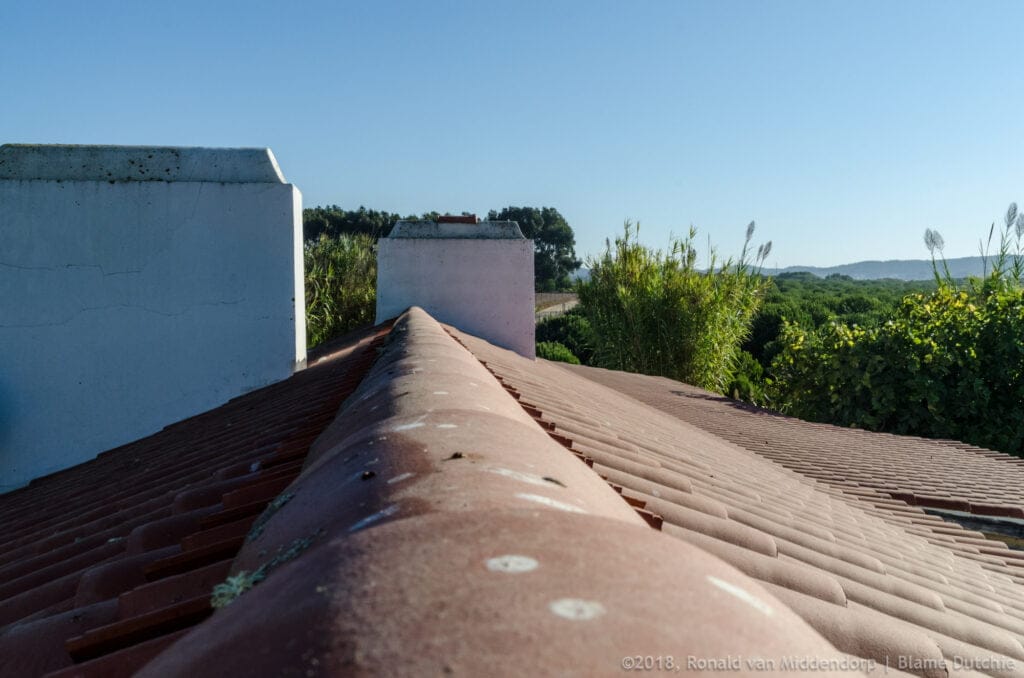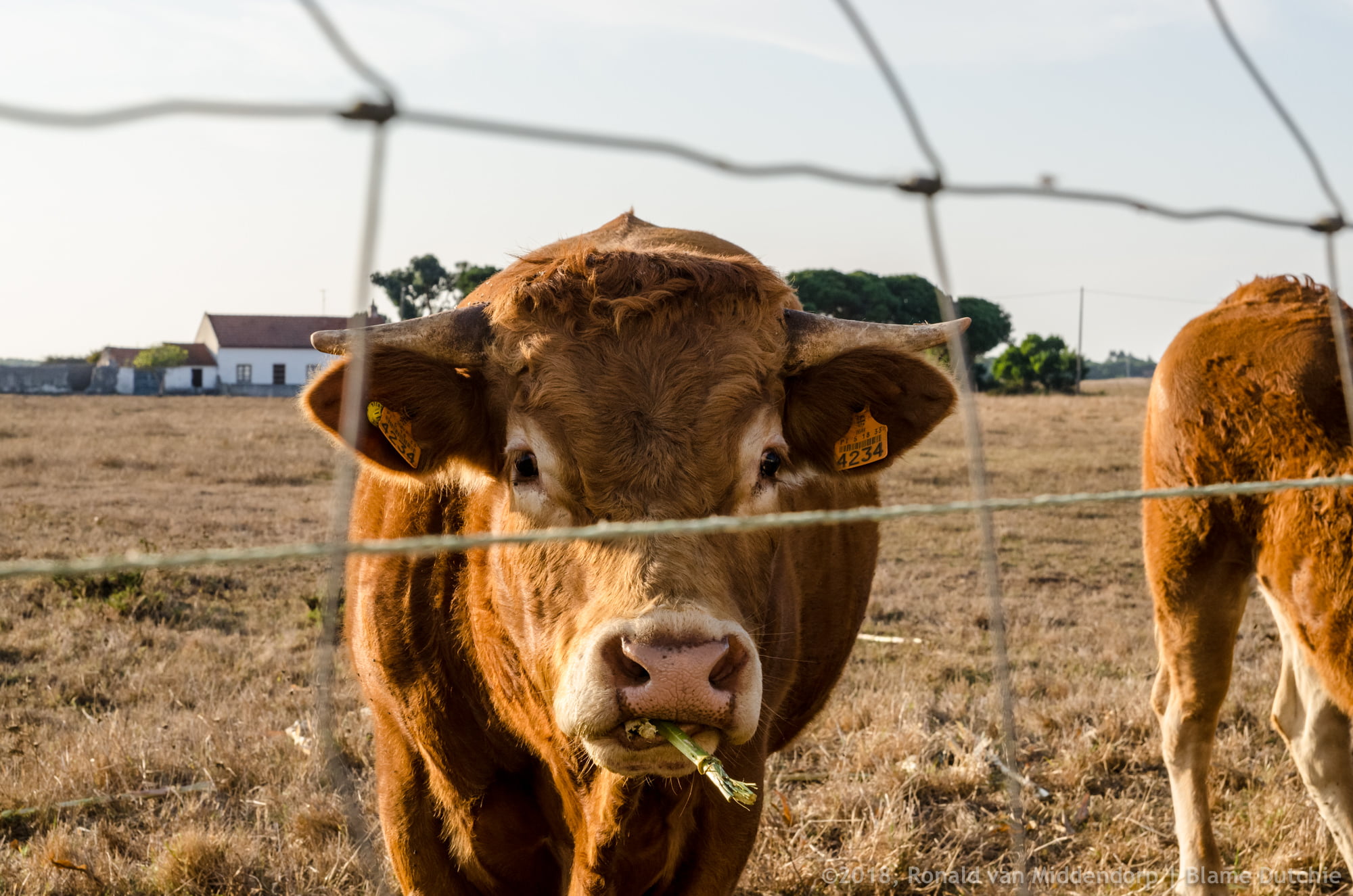I saw her standing there
The moment I saw her standing behind the fence, I knew enough. There was trouble on the horizon. Any other day, she would have been playing with her friends, but today she was just standing there. The world seemed to move around her – not evolve, that is a different concept – and she showed a sense of waiting. The other children – or, kiddos for those who still use that yuppie word containing so much detachment – were ignoring her completely. Did you know that most kids have an antenna for bad vibes?
Even when she saw me – and it took quite a while before she did, being so deeply buried in her thoughts – her face did not light up. All she did was slowly move towards the gate.
“I don’t understand how my friends can be so mean. Why would people want to talk bad behind somebody’s back? It’s mean!” There was no anger; her face showed only confusion and sadness. Disappointed in her friends and not for the first time. And shitty as it was, there was not much that I could say to make the pain go away. Every word would sound like a lie. Words of an adult. A grown-up that does not understand the intricacies of the world a young girl has to face every single day.
Acts of the people we call our friends can be very difficult to understand and cope with. They can hurt is to the bone. The unseen scars go deep, destroy our relationships and can even stop us from trying to meet new people. Persons that are known for being open and outgoing can turn into introverts who hardly ever leave their homes out of fear to be hurt. To be broken. Broken beyond repair.
After the tears
All too well I am aware of how hard disappointment can hit us. Often I felt the urge to scream at someone I considered to be a friend for breaking a promise or change their behaviour towards me in a way that I simply could not understand. So instead of saying something pointless, I hugged her. We live in an age that teaches us that behind every dark cloud there is a positive, and therefore deeper, meaning. The knife in your back teaches you something about trust and how your own attitude towards life pulled the attacker into your existence. You should have been less trusting or more, depending on the situation, more positive and above all: you should have had more faith in the fact that the universe – or God, Allah, Buddha, the neighbour’s dog – has only the best in store for you. Everything happens for a reason. All you have to do is become a specific type of person, believe a specific kind of fairy-tale to make it happen. After all, we all create our own realities and if your reality sucks, that is because you suck! Or at the very least, your attitude sucks.
Apart from the fact that there is a lot that is inherently wrong with this type of reasoning, it does not really feel right to say these things to a child coming home from school with a broken heart, or does it? And sorry to say, but when you answered that question with YES, you must be a religious nut or a sadist. Or both (which is not uncommon).
When the tears have dried up, and we are desperately telling ourselves we have learned our lessons, please don’t ask us what these lessons are. Most of the time we will have no answer, or we will complain about what we believe to have done wrong. We placed too much trust in someone we hardly knew, we expected too much, we thought we could handle what was coming our way while we could not, and so on. If after the tears, anger is the emotion that occupies our mind we may point at the others: they broke my trust, they did not show up, they hurt me, it was them who stole my money, the others that poisoned my thoughts.
The shitty truth is complicated. Depending on the side of the road you’re on, both views are correct. You trusted too much AND they have fucked you over.
Get used to it or get over it. It’s one of those things people do. They fuck each other over. If not all or most of the time… And you still have to learn to trust people.

Growing up we go to school at a very early age. This makes sense; the younger we start learning, the better we become at it and the more information we will be capable to take in. Like with many things in life, this also has a downside. We learn to listen to people’s words and to put our trust in them. They are our teachers, they love us, and whether we are called Nigel or not, they only want what is best for us. But do they really know what is the best for us?
It’s only logical that, later in our lives, we continue to do the same: we place our trust in what people tell us, especially when we consider them our friends. That is not always a good idea. Rather, we should look at their actions and achievements. We get confronted with people that make and break promises. From very simple ones with no consequence if not followed up – I will call you tomorrow to go have a coffee – to more important ones that, if not kept have a direct impact on our well-being – I am going to introduce you to someone to help you jump-start your business – and potentially cause great harm. Because everybody is so busy stumbling through their lives AND smartphone-screens appear to be more important than human contact AND we have been taught to believe what people tell us AND wilful forgetfulness has become a normal coping mechanism, we are bound to be disappointed!
What can we do?
We have to learn how to live with it and make sure we don’t fuck over ourselves. Rise above it and refuse to play their destructive game. How? By being present. If we understand truly that this moment is the only moment we have and create in ourselves the courage to be fully present in this moment, only then it becomes possible to face life and all it throws at us. Without resistance, without complaining and saying that whatever behaviour we are met with is not fair.
Only then we can begin to understand that everybody walks his or her own path, learning (or not) their own lessons and by doing so sometimes hurts the people around them. We all do hurt other people and mostly without even wanting it or being aware that we do. When we truly understand that principle, we can live with more compassion. We can use everything that happens to grow – stronger, smarter, more loving – and everybody we meet will become our teacher. We can then also learn to stop taking everything so bloody personal.
Life will give you whatever experience is most helpful for the evolution of your consciousness. How do you know this is the experience you need? Because this is the experience you are having at the moment.
Eckhart Tolle, The Power of Now: A Guide to Spiritual Enlightenment
I am not suggesting that looking at life this way is easy. We have to unlearn many of the patterns in our thinking and challenge our beliefs. What do we think about the world, our friends, strangers, ourselves and everything we think we know? Is it all true? How much importance do we give this spaghetti of thoughts? How does it all impact our emotions and shape us?
In other words: everything that is unconscious in ourselves has to be brought to the surface. We have to become conscious of how we create our own reality of mind. We have to put our consciousness to work. This seems to be in contradiction with the assumption, put forth by many New Age teachers, that our sub-conscious somehow knows what to do, and we should simply trust it.
Assuming there is such a thing as a sub-conscious, it is still part of our consciousness. And yes, that means that for the sake of the argument I forget about the idea that there may not be such a thing as my or your consciousness, and that there is only consciousness. It is not even a thing!
Anyway, if this part of (our) consciousness has correct information, there is no problem. But what if it is stuffed with a load of nonsense? Will it then be capable of magically making the right decision for us? That would suggest that this sub-conscious has its own intelligence. Not only that, this intelligence would have to be of such great quality that it can take wrong information, turn it into correct knowledge and decide with accuracy what is good for us. In a split-second of course.
Undoubtedly there is a lot of useful information hidden in (our) sub-conscious as well as rubbish. And probably a lot more of the latter than we want to admit. How can we ever know the difference? Only by becoming conscious of it. Aware of the information and its validity. Mindful of the assumptions on which we base our thoughts and decisions.

When do we do that?
Hold on just a god-dang minute, Dutchie! Weren’t you going to write about the purpose of disappointment?
Did I digress again? I don’t think so. Not really, anyway. We can only see the purpose of disappointment if we are aware of why we are disappointed. And, that awareness reaches a lot further than saying anything that places the responsibility for what happened outside ourselves. By that I mean that we have to search for the real reasons. Did we maybe indeed put too much trust into somebody we just met and hardly knew? If so, it may be that our thinking follows a pattern that we are unaware of. Maybe we are too concerned with being liked by other people, or we have a tendency to rely on others too much.
The value of disappointment exists herein that it gives us the possibility to re-calibrate. If we fail to reach a certain goal, our sadness could tell us how important the goal is to us. And it gives us the opportunity to look at the feasibility of said goal. Disappointment is only an emotion and just like all other emotions it tells us whether we are on the right track or maybe should change our course or strategy. If we assume disappointment has purpose we can make it a part of the art of being present, and as such we can use it to create a better version of ourselves.
Now. Because there is no better – or other – moment than this moment.



